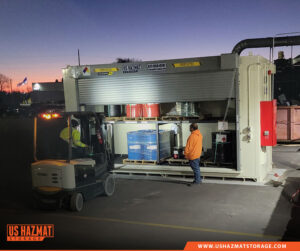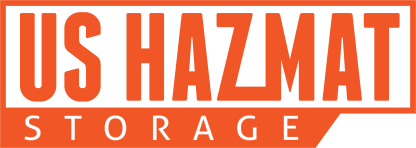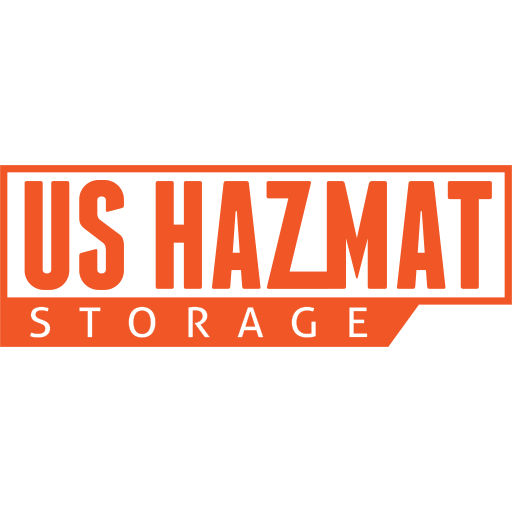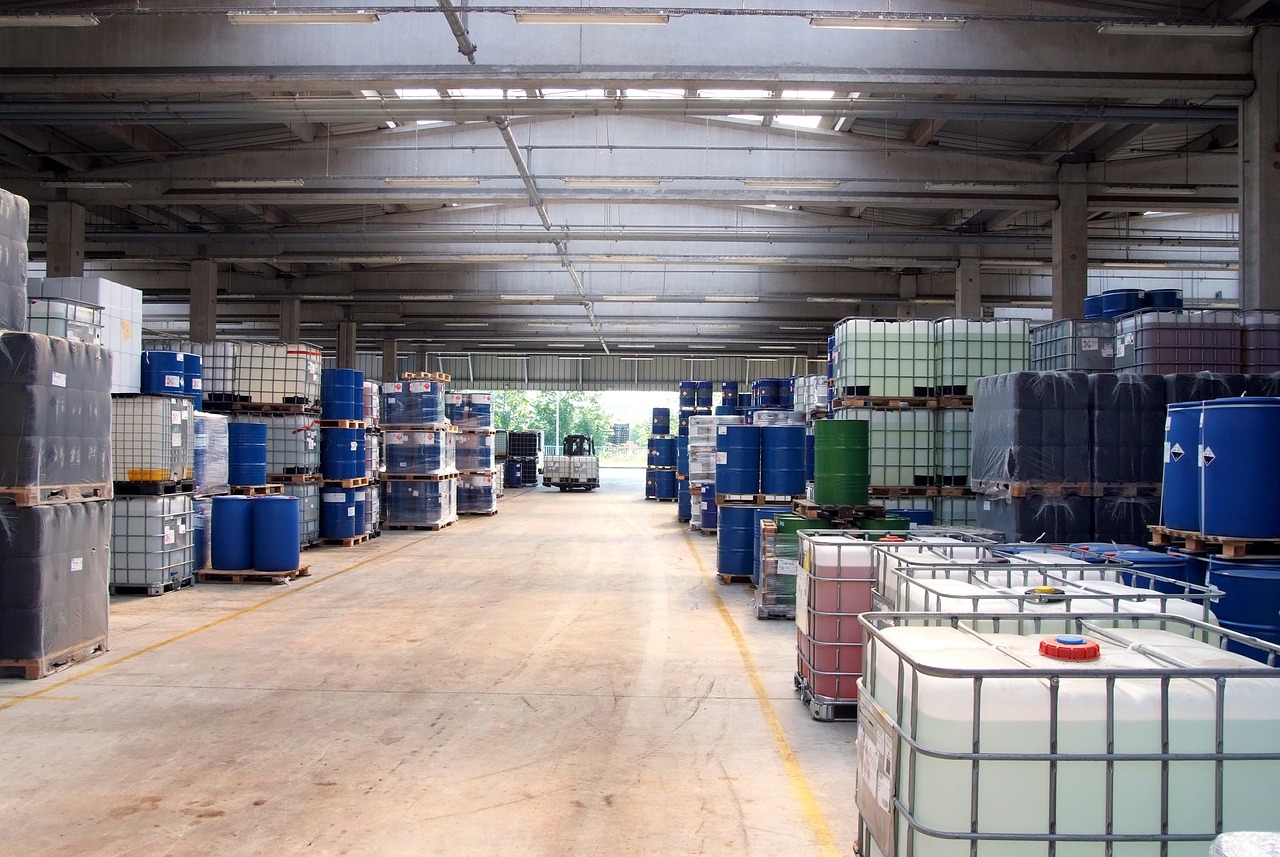Expensive and painful changes are coming to industrial chemical prices. President-elect Donald Trump’s 60 percent across-the-board tariff on Chinese imports could cause the pricing of hazardous materials to skyrocket. China is the world’s reigning “chemical giant” as it leads the world in industrial chemical production. While the proposed tariffs have yet to reach the incoming president’s desk, where he could make the painful taxes a reality with a stroke of the pen, Trump’s contentious relationship with America’s primary Asian rival foreshadows difficult decisions for companies that rely on powerful precursor chemicals. China produces 30 and 58 percent of the world’s ammonia and methanol stockpiles, with exports totaling $106 billion annually.
Who Pays for Industrial Chemical Tariffs?
Despite what right-wing conservative talk radio claim, domestic importers almost always pay tariffs or import taxes. Although foreign companies might absorb and subsidize a portion of the tariffs, the American consumer pays for the final markup. Financial experts are already calling foul on Wall Street as retaliatory international tariffs, compounded by higher pricing, could lead to inflation. Why would Trump enact painful excises on the working class he’s sworn to protect? Tariffs are more than political maneuvering and posturing. Before passing income tax legislation allowing the federal government to skim the average American paycheck, tariffs helped cover the treasury deficit. While today’s average consumer is unfamiliar with the duties, tariffs are designed to protect domestic production from unfair global trading. Unfortunately, tariffs often kick off a trade war, further destroying companies’ bottom line.
How Will Tariffs Impact Manufacturing Costs?
Production line costs vary depending on upstream supply dynamics. Higher costs for raw materials, including chemical precursors, increase production costs for manufacturers. While excessive industrial chemical tariffs could lead to an international boycott, stateside suppliers cannot meet demand. Rushes on limited domestic stockpiles could raise prices and lead to supply shortfalls, production delays, and lay-offs. While domestic importers might absorb or offset industrial chemical tariffs, few companies can withstand a 60 percent profit loss with every transaction. Companies dependent on imported industrial chemicals have little recourse. Although domestic manufacturers could conceivably substitute cheaper and inferior chemicals for continuous production, their products’ quality will surely take a reputational hit.
Preparing for Supply Shortfalls

Stockpiling imported industrial chemicals before Trump’s inauguration could mitigate potential shortfalls. Domestic manufacturers routinely make bulk purchases of imported goods to reduce shipping costs. Expediting scheduled deliveries could help processing facilities offset incoming industrial chemical tariffs. Excessive supplies, however, create another logistical crisis. Where will manufacturers store inordinate inventories? Most optimized facilities operate with little room or space for error. Investing in a chemical warehouse from U.S. Hazmat Storage allows procurement to stockpile industrial chemicals before tariffs take effect. Resembling a Conex shipping container, our fortified hazmat storage lockers provide separate turnkey storage for high inventory accommodation. Large roll-up doors and push-back shelving allow easy chemical retrieval and accessibility. Don’t let industrial chemical tariffs undermine the bottom line. Invest in compliant on-site protection today!


